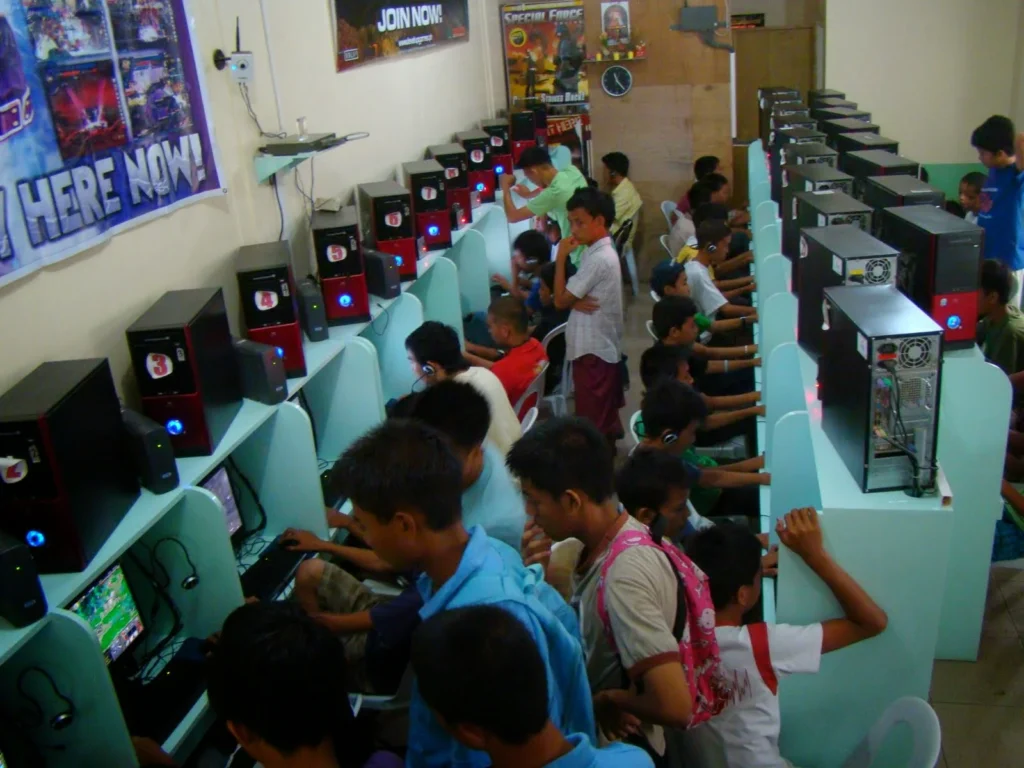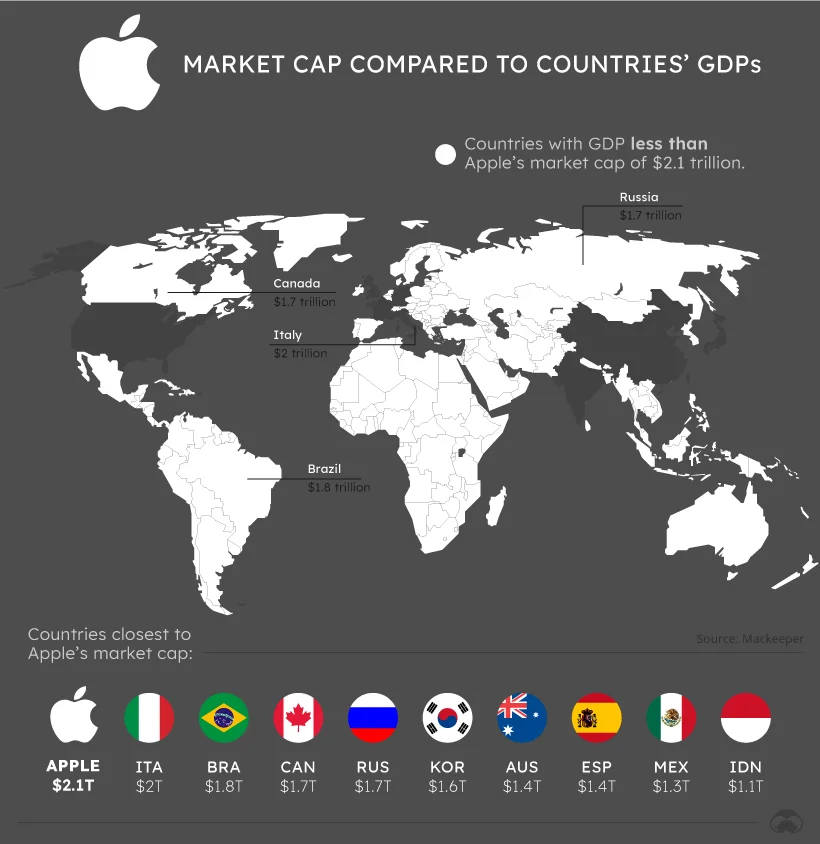In 1997, Davidson and Rees-Mogg’s The Sovereign Individual made some pretty outlandish predictions about the future.
And most have come true.
Learn what they said about the future and how you can prepare:
Rise of the digital economy
In 1997, the internet was new when Davidson and Rees-Mogg wrote their book. Like many at the time, they predicted the rise of the internet and the possibilities it may bring.
But they also predicted several second-order effects that make their fortune-telling really impressive:
- The online economy
- Cybercrime
- Cryptocurrencies (crazy!)
- Digital education and content
- Social stratification because of the internet
Yep, they predicted all of this in 1997. And largely, they were right.
Tech companies and ecommerce and more recently, remote work and the gig economy. This explosion of growth wouldn’t have been possible without the internet.
Cybersecurity & cryptocurrency
Business has shifted online. Consumers don’t use cash anymore. Banks now store your money in pixels, not in physical branch locations.
Criminal organizations know this. And they’ve shifted their focus online where they can steal far more cash than they can physically stuff in a black duffel bag in a bank vault.
As buffers to online criminality, the cybersecurity and cryptocurrency industries have grown rapidly. What’s safer than trusting a third party to store your hard-earned savings? Well, after the global recession and financial crisis of 2008, hundreds of millions of people around the world have chosen to take matters into their own hands – and their own cold wallets.
Can you believe that in 1997, these authors predicted the invention of Bitcoin, Ethereum and other digital currencies that challenge traditional fiat money like the US dollar?
The cajones on these guys.
Digital education
Here’s another groundbreaking prediction they made in The Sovereign Individual: Education has changed completely.
In 1997, nearly all Americans thought a university education was the mark of a solid start in life. Now, we all know that what you learn in college can be found online (on Google, YouTube, course platforms, etc) for free.
Alternative education is here to stay.
Social stratification
While the rise of the digital economy has created winners, it’s also widened the gap between the haves and have-nots. Social stratification between the West and the Global South is obvious.
In my travels around the world, I’ve seen this digital divide firsthand. My Colombian girlfriend had to visit internet cafes in order to do her high school and university homework because her family didn’t have a computer or internet at home.

But I believe remote work is bridging this gap.
Developed world companies are starting to notice the huge arbitrage between their countries and emerging economies. They can now outsource tasks, projects, or full positions to the developing world for pennies on the dollar.
My companies included! I’ve hired employees in Latin America and Southeast Asia for 10% of what I’d have to pay American employees.
Will this trend equalize the developed and developing worlds? Eh. It’ll take decades to see a noticeable difference.
But geoarbitrage is certainly a strategy to take advantage of.
Decline of the nation state
The other mega-trend the authors predict is the declining power of the nation state.
Countries still hold significant power, but globalization has changed the game. Especially thanks to government reactions to COVID, the average individual has realized he is not free if he doesn’t have full control over his own health, mobility, and money.
I, too, realized this and did something about it.
Those most powerful and most free among us are not tied to a single nation. They don’t depend on a single government or authority, a single company, or a single income stream.
Decentralization
Davidson and Rees-Mogg predicted that the world would shift away from centralized banking and governance and to decentralized organizations. And while we haven’t yet seen those predictions play out to their fullest extent, there’s been significant progress.
Bitcoin and special economic zones like Próspera in Honduras are good proxies. It feels like these decentralized models will only attract more investment going forward.
Global competition & incentives
This is one of my favorite predictions in the book.
Davidson and Rees-Mogg said that because of the rising mobility of the individual, weakening of the nation-state, and increased globalization, many early adopter nations would create investment programs and favorable tax laws to attract investment.
And they were right. Yes, countries now incentivize and compete for citizens and corporations. Example: You can invest $1 million to become a citizen of Malta 🇲🇹 and get residency rights in all of the European Union.
The private sector is responsible for almost all innovation as companies steal mindshare and resources from governments in technology, space exploration, healthcare, and other industries.
Tech companies like Apple and Microsoft are now valued at trillions, far surpassing the GDP of many countries.

This is free-market capitalism on a nation-state level.
So what should you do about it?
Both of these prediction themes from the book highlight the rise of the individual and the fall of the collective authorities.
As nation states lose power, some will innovate, offer incentives to individuals, and attract investment with lower taxes and more freedom.
Others will go the opposite direction and attempt to crush the individual and steal as much power as they can. We saw evidence of this during COVID. Looking at you, Canada and Australia. 😒
Even if this prediction is 5% true, it’s best not to have all your eggs in one basket. So the faster you take matters into your own hands, the more options you will have.
Here’s a practical strategy to become more mobile and free:
- Quit your job (or get a remote job)
- Start an online business
- Create multiple income streams
- Hold multiple currencies
- Invest in different markets
- Get multiple residency permits (I’m here!)
- Get multiple citizenships
The main idea: To control as much in your life as you possibly can, so you can ignore the stuff you cannot control.
You have the tools and resources at your disposal. You just need to to execute.
This is how you become a sovereign individual.


